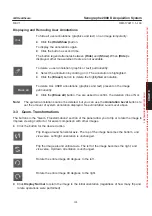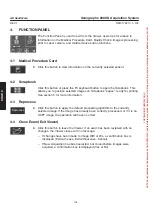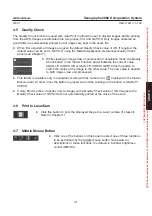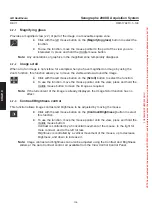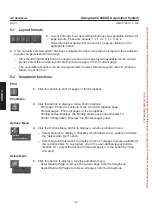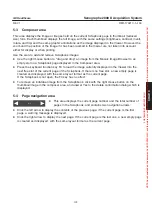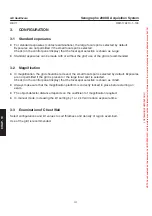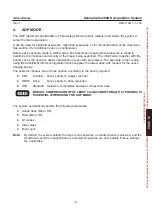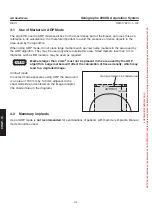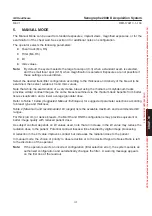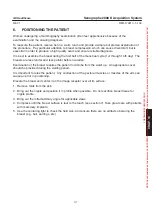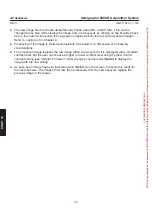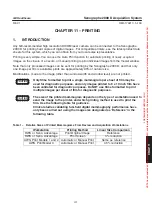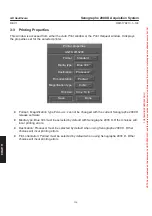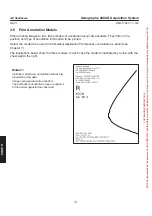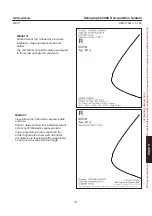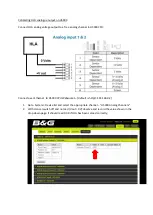
CHAP
. 10
GE Healthcare
Senographe 2000 D Acquisition System
REV 1
OM 5179217–1–100
117
6.
POSITIONING THE PATIENT
Women undergoing a mammography examination often feel apprehensive because of the
examination and the ensuing diagnosis.
To reassure the patient, receive her in a warm room and provide a simple but precise explanation of
the procedure. Pay particular attention to breast compression, which can cause discomfort, but is
essential in order to produce a high quality exam and ensure reliable diagnosis.
It is best to examine the breast during the first half of the menstrual cycle (1st through 14th day). The
breasts are less tender and less painful before ovulation.
Examination of the breast requires the patient to disrobe from the waist up. An appropriate cover
should be provided during the waiting period.
It is important to relax the patient. Any contraction of the pectoral muscles or muscles of the arm can
cause an error in positioning.
Elevate the breast and center it on the image receptor over all its surface:
1. Remove folds from the skin.
2. Bring out the nipple and position it in profile when possible. Do not sacrifice breast tissue for
nipple profile.
3. Bring out the inframammary angle for applicable views.
4. Compress until the breast surface is taut to the touch (see section 7). Take great care with patients
with mammary implants.
5. Use the centering light to check the field size, and ensure there are no artifacts obscuring the
breast (e.g. hair, earrings, etc.).
FOR
TRAINING
PURPOSES
ONLY!
NOTE:
Once
downloaded,
this
document
is
UNCONTROLLED,
and
therefore
may
not
be
the
latest
revision.
Always
confirm
revision
status
against
a
validated
source
(ie
CDL).

